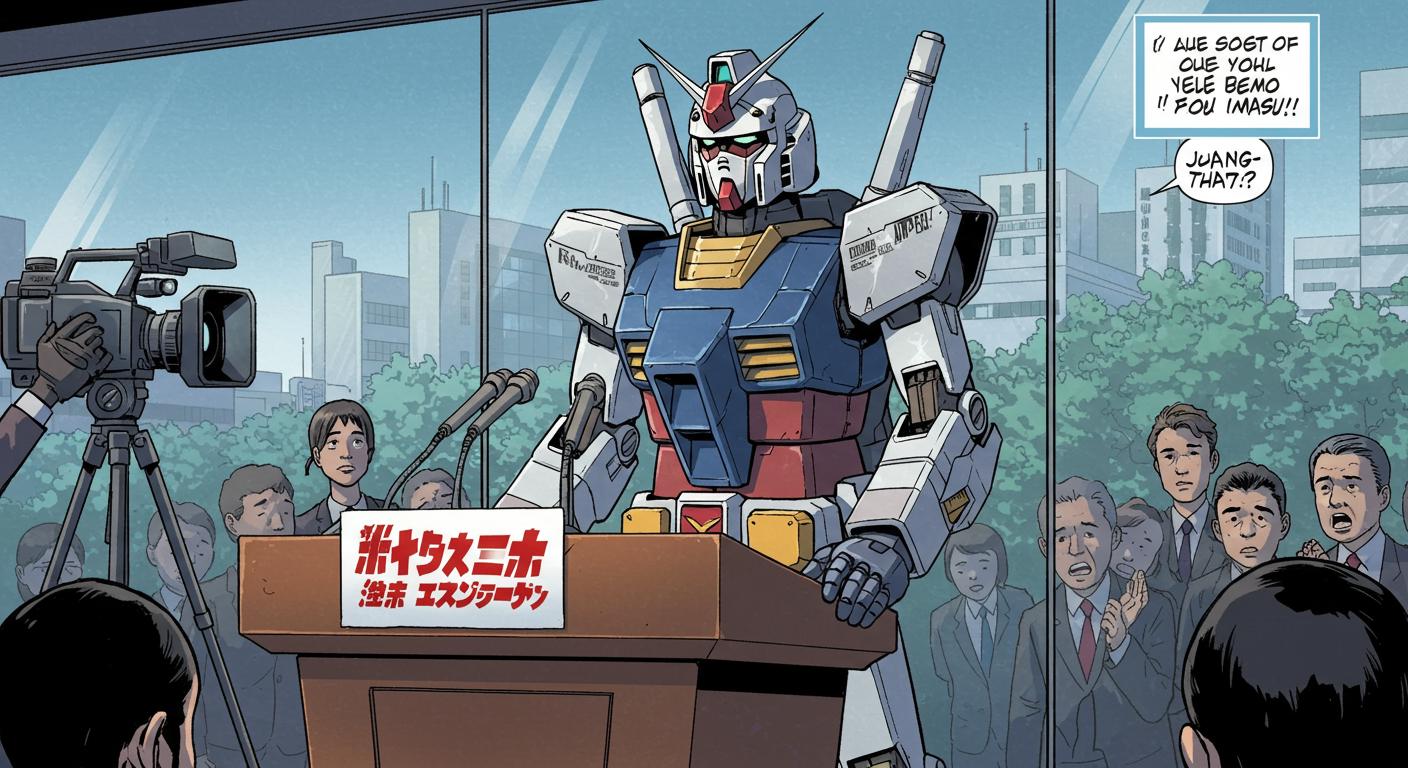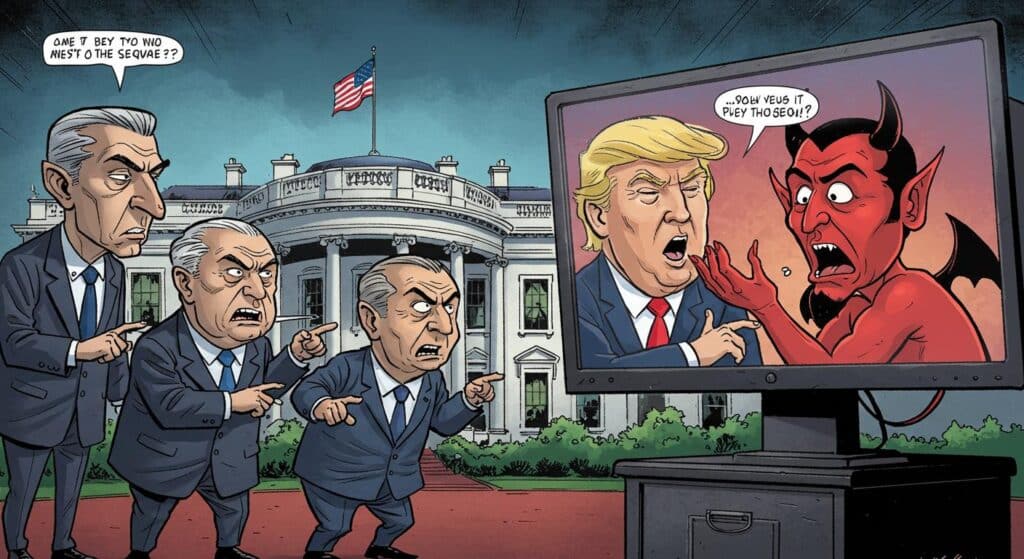This election season in Japan wrapped up with a gesture so audacious, not even the Mobile Suit pilots of the ’80s could have predicted it. Taro Yamamoto—leader of Reiwa Shinsengumi and no stranger to political theater—chose a unique method of campaigning: appearing in full costume as Quattro Bajeena, better known to Gundam fans as Char Aznable, and immortalized for such casual feats as trying to place humanity on forced interplanetary sabbatical via asteroid collision. As Automaton West documents, this bold cosplay attempt prompted an oddly specific digital uproar.
When Political Theater Is, Well, Theater
Election PR often veers into the realm of grandstanding, but Yamamoto’s video, staged at the foot of Tokyo’s Unicorn Gundam statue, hit a different register. Decked out in a blond wig, sunglasses, and Quattro’s unmistakable red ensemble, Yamamoto was joined by Maya Okamoto—a celebrated voice actress with prominent roles in the Gundam series—who is running as a candidate for the party. In the video, Okamoto’s offhand remark about the party leader’s attire meets with the cheerful deflection, “Nothing at all. Business as usual.” The whole production leans into a comedic skit dynamic, yet doesn’t directly address the very large, very red, Char-shaped elephant in the room.
As Automaton West outlines, viewers online were quick to respond—many of them less than charmed. The performance drew widespread critique for leveraging another’s intellectual property as a campaign tool, with some commentators calling it out specifically as an attempt to mine existing fandom clout for political gain. Minoru Ogino, a sitting assemblyman known for advocacy on free expression, labeled the act “buffoonery” in commentary cited by the outlet.
One can almost picture the collective double-take among long-time Gundam fans, who, as highlighted throughout social media reactions summarized by the outlet, expressed confusion about why a politician would want to cosplay Char Aznable—the same character who once attempted to drop an asteroid on Earth to trigger a nuclear winter and force humanity off the planet. It’s not the first association most would hope to stir before voters head to the polls.
From Skit to Scandal: The Corporate Freeze
The narrative snowballed further when Bandai Namco and Sunrise Studios, owners of the Gundam franchise, took official notice. In a statement released July 22 and quoted by Automaton West, the companies clarified they had issued no authorization for political candidates to campaign using cosplay, videos, or posts that strongly invoked their proprietary characters. They emphasized that this was not an endorsement of any participant in the election. Earlier in the reporting, it’s noted that the company’s public disavowal came only after significant backlash arose, underscoring the sensitivity of mixing pop-culture symbolism with real-world political messaging.
It’s almost impressive—a cosplay skit, the kind you might expect at a fan convention, traveling all the way up to prompt formal comments from some of Japan’s best-known animation studios.
Layers of Intent, and the Laws of Unintended Irony
Political campaigns borrowing from pop culture isn’t exactly new—memes, clever references, and even cameos from beloved voice actors all make regular appearances these days. Yet there’s a unique tension here: as described by Automaton West, Yamamoto managed to embody a character whose signature move was, let’s say, “thinking small” on the definition of property damage. You have to wonder whether Yamamoto simply saw Quattro as an instantly recognizable figure, or if the deeper lore of asteroids and impromptu planetary ice ages slipped out of focus during planning.
In choosing to wrap a campaign message in the persona of a character synonymous with high-stakes disaster, the gesture toggles between ironic and just plain odd. And in using the likeness without permission—a detail the outlet stresses—one wonders if the campaign staff blinked even once at the prospect of a strongly worded corporate letter.
So, what’s left? A campaign moment that landed somewhere between performance art, copyright trouble, and the kind of meta-commentary only the internet can truly appreciate. In the ever-expanding grab bag of global political oddities, “cosplaying the world’s chillest eco-terrorist as campaign strategy” might just take the cake. Or, perhaps, the asteroid.
The next time political inspiration strikes, it might not hurt to double-check not only the copyright status, but also the catastrophic ambitions of the character you’re about to embody.







